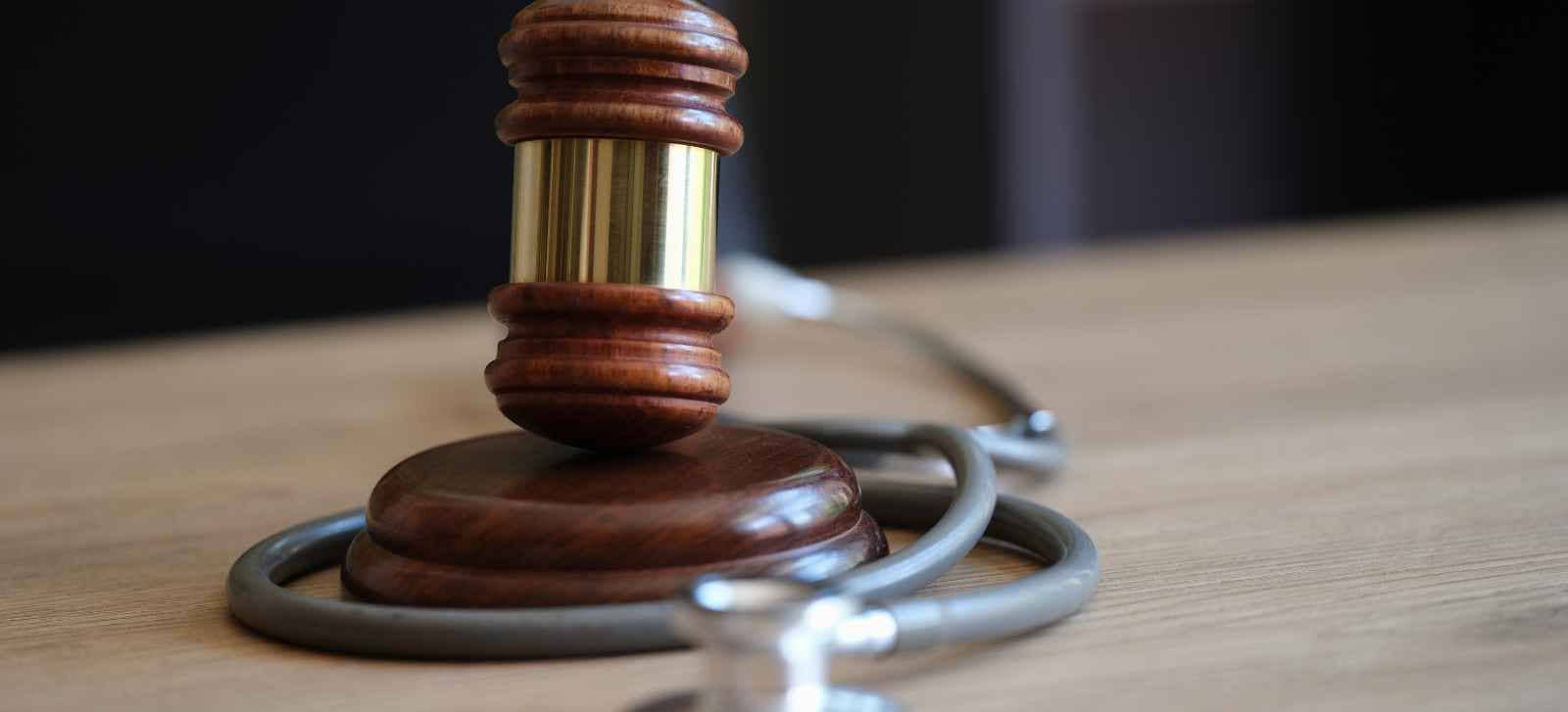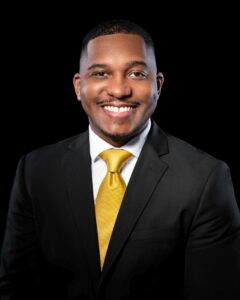How Long Could My Personal Injury Case Take?

Were you hurt due to someone else’s negligence? If you are pursuing legal action or thinking about doing so, you may wonder how long the legal process to recover damages will take.
The answer is not straightforward, as the timeline for the personal injury case process depends on several factors. We’ll outline the process of a personal injury case, discuss the factors that influence the timeline, and provide some tips on how to speed up the process.
You don’t have to walk alone if facing life after an injury. Enlist the help of our experienced Orlando personal injury lawyers.
What is a Personal Injury Case?
A personal injury case refers to a legal dispute that arises when one person suffers harm due to another person or entity’s negligence, intentional acts, or strict liability.
Essentially, a personal injury case aims to recover damages for the harm caused. Those damages may include compensation for medical expenses, lost wages, and pain and suffering.
Steps in a Personal Injury Case
So, what steps must you go through to get to the end of the personal injury road?
There are several phases, including:
- Gathering evidence and filing a claim — The first step in a personal injury case is to gather evidence to support your claim. This may include medical records, police reports, witness statements, and other documents. Once you have the evidence, you will file a claim with the other party’s insurance company or your insurance company if the other party is uninsured.
- Negotiations and settlement discussions — After you file a claim, the insurance company will investigate the case and determine the amount of damages you are entitled to. The insurance company may make an initial settlement offer, which you can accept or reject. If you reject the offer, negotiations may continue until a settlement is reached.
- Mediation — If negotiations fail to result in a settlement, you may be able to use mediation to come to a settlement agreement. Mediation is a voluntary process where a neutral third party helps you and the other party involved in the case to reach a settlement. The mediator makes no decisions but simply facilitates communication between the parties.
- Trial — If mediation fails, your case may proceed to trial. A trial can take several days or even weeks, depending on the case’s complexity. During the trial, you and the defendant will present your arguments and evidence to a judge or jury, who then decide the case’s outcome.
Factors That Influence the Timeline of a Personal Injury Case
Not every personal injury case is straightforward. In fact, some cases take a lot of time to resolve for various reasons.
The timeline of a personal injury case depends on several factors, including:
- The complexity of the case — The more complex the case, the longer it will take to resolve. For example, if your case involves multiple defendants or several injuries, it may take longer to resolve than a case involving a single defendant and injury.
- The severity of injuries — If your injuries are severe—like cases that result in catastrophic injuries—it may take longer to resolve. It often takes time to determine the full extent of the injuries and the amount of damages owed for such extreme cases.
- Cooperation from the other party — If the other party is uncooperative or disputes liability, your case may take longer to resolve. It may take longer to gather evidence of fault and negotiate a settlement.
- Court backlog — The backlog of cases in the court system can also influence the timeline of a personal injury case. If the court is busy, it may take longer to schedule your trial.
Tips for Speeding up the Personal Injury Case Process
While external factors can influence the timeline of your personal injury case, there are some steps you can take to help speed up the process:
- Hire an experienced attorney. One of the most important steps is to hire an experienced personal injury attorney to help you with your case. An attorney can guide you through the process, help you navigate the legal system, and negotiate with the other party on your behalf. This can help speed up the process and ensure you receive fair compensation for your injuries.
- Keep detailed records. Keeping detailed records of your medical treatment, expenses, and other losses can help speed up the process. This can help your attorney accurately calculate the damages you are owed and present a strong case to the other party.
- Cooperate with your attorney. Cooperating with your attorney and promptly responding to requests for information can help speed up the personal injury case process. Your attorney may need additional information or documentation to build a strong case, and your timely cooperation can help ensure this information is obtained quickly.
- Stay patient. While waiting for a personal injury case to be resolved can be frustrating, it is important to stay patient. Rushing the process can result in a less favorable outcome, and it is important to take the time to build a strong case and negotiate a fair settlement.
Trusted Orlando Personal Injury Lawyers
When you’ve been injured, you need your settlement money as fast as possible to pay for mounting medical bills, time off work, and sometimes even vehicle repairs.
However, the timeline of a personal injury case can be lengthened by several factors. While these factors can be outside your control, hiring an experienced attorney and being diligent can speed up the process and ensure you receive fair compensation for your injuries.
Contact us today at Purely Legal, and we’ll review your case to ensure you get the settlement you deserve as quickly as possible.
